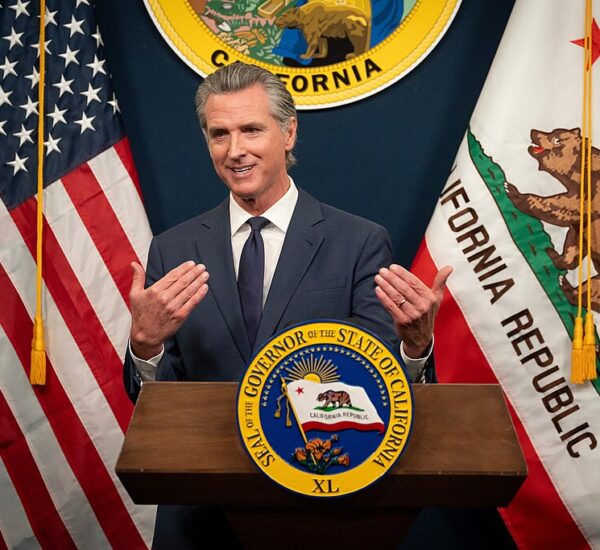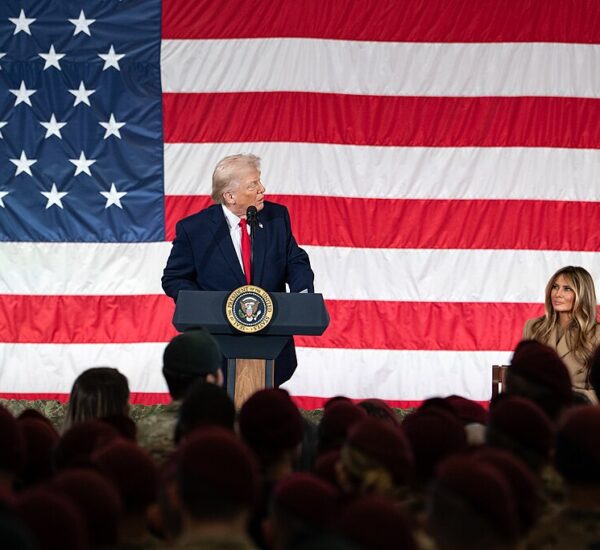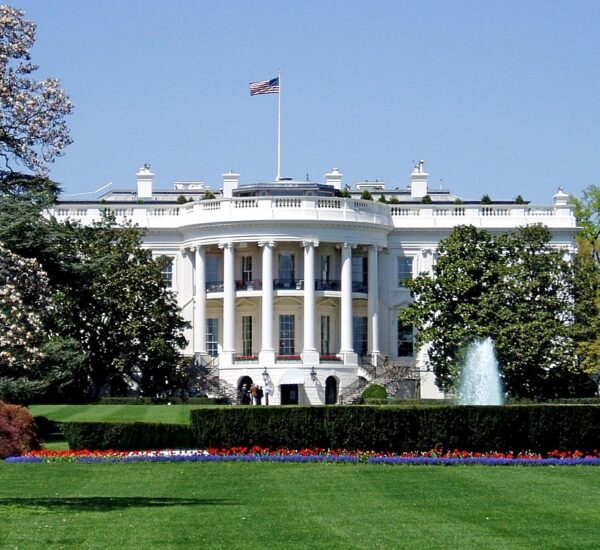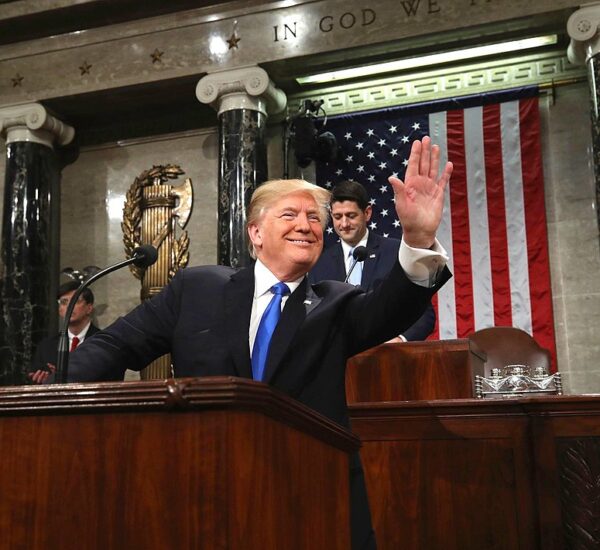Iran Calls Out Trump?
Iran’s Supreme Leader, Ayatollah Ali Khamenei, rejected the idea of negotiations with the United States, declaring that such talks would be neither “intelligent, wise, nor honorable.” His strong words come after President Donald Trump suggested the possibility of discussions with Tehran regarding their nuclear program. Khamenei emphasized that no talks should occur with the U.S. government, although he stopped short of outright forbidding engagement with Washington.
This statement marks a shift from previous signals sent by Tehran, which had indicated an interest in negotiating with the U.S. in exchange for the lifting of harsh economic sanctions. These sanctions have devastated the Iranian economy, and many hoped that diplomatic talks could lead to a resolution. However, Khamenei’s remarks seem to contradict earlier statements from the Iranian regime, which had hinted at the possibility of talks under certain conditions. Despite this, the 85-year-old Khamenei, who has held power for decades, has long been cautious when it comes to engaging with the West. His comments reflect the ongoing tension within Iran’s political structure, where reformists advocate for dialogue, while hardliners, including the powerful Revolutionary Guard, push for a more confrontational stance.
Khamenei’s decision to rebuke President Trump’s previous actions, especially the U.S. withdrawal from the nuclear deal, underscores his skepticism towards any future agreements. He pointed out that Trump’s withdrawal from the 2015 agreement—where Iran agreed to limit its nuclear program in exchange for the lifting of sanctions—was a clear violation of trust, stating, “The Americans did not uphold their end of the deal.”
Despite Trump’s offer of dialogue, his “maximum pressure” campaign remains in effect, with the U.S. recently reimposing sanctions on Iranian oil exports. Meanwhile, the Iranian economy continues to struggle, with the national currency, the rial, plummeting to a record low against the dollar. This economic turmoil further complicates the situation, making the future of negotiations unclear.
In the midst of this, Iranian officials, including President Masoud Pezeshkian, have suggested that the nation could allow increased inspections by the United Nations’ nuclear watchdog, the International Atomic Energy Agency (IAEA). However, Khamenei’s strong stance against negotiations with the U.S. suggests that the Iranian regime is unlikely to pursue any meaningful talks unless significant changes occur in Washington’s approach.
As tensions rise, it’s clear that Iran’s leadership remains committed to its nuclear ambitions, enriching uranium to near-weapon-grade levels, while still asserting that its nuclear program is for peaceful purposes. Meanwhile, the U.S. intelligence community continues to monitor Iran’s progress, acknowledging that while Iran has not yet launched a full-scale weapons program, it is taking steps that could eventually lead to nuclear weapons development.
The future of U.S.-Iran relations remains uncertain, with Khamenei’s rejection of talks highlighting the deep mistrust that persists between the two nations. While Trump expresses a preference for a peaceful resolution, the road to any lasting agreement seems as distant as ever.






